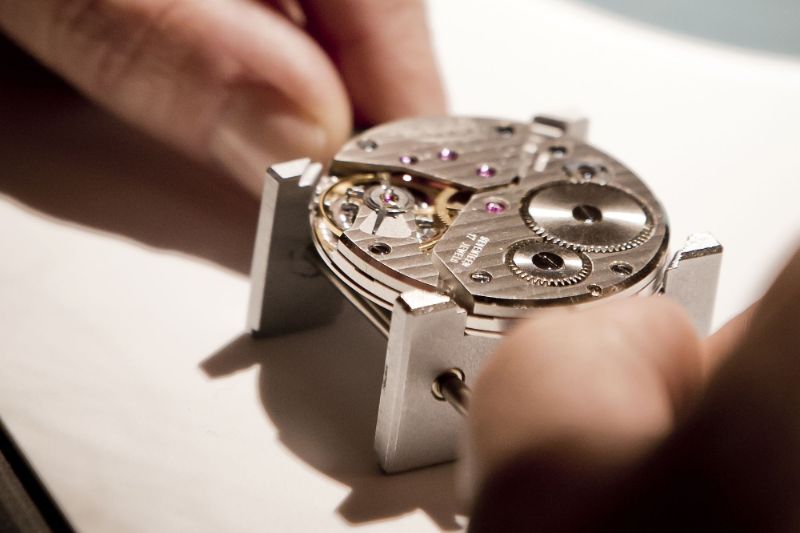Horology refers to the craft of making and repairing clocks and watches, and those who are involved in the process are called horologists. There was a time when watchmakers were also involved in the process of crafting the parts and creating watches. it has changed since the advent of factory-made watches.
Since today’s buy seiko watches are cheaper to replace than to repair, horologists now mainly cater to those who own expensive timepieces.
Many practicing horologists these days use their skills on recent production watches. Only a few offer services in fabricating replacement parts — it’s much more common to get spares from the factory and fit them into the brand of watch they are working on.
Most watchmakers of this generation, specifically in Europe and Switzerland, are directly employed by the watchmaking industry. They are required to finish a related degree from a technical school. After graduating, they undergo in-house training from the company where they are employed.
The training and qualifications that you will need as a watchmaker depend on where you intend to work. For example, Rolex, which is a Swiss brand that produces high-end watches, requires their horologists to finish modem training and get the necessary certificates from a number of known schools. They also require their watchmakers to become a member of the American Watchmakers-Clockmakers Institute.
Due to the proliferation of fakes, majority of modem Swiss brands implement tight quality control. They do not sell watch parts even to the most credible independent horologists.
Horology is both art and science. Begin by perfecting your manual skills — learn how to delicately touch the parts of the watch or clock by maneuvering the muscles of your fingers and wrist.
How to Become a Horologist
1. Look for a pro and apply as an apprentice. The fastest way to learn the skills is to see how it is done by a professional and get a chance to try your hands in the process. It will not be easy to find someone who will readily agree, especially if you are aiming for a horologist who’s known in the field. Still, your effort will be worth it in the end. The training will become an asset when you later on apply for a job with a known watch company. A pro can give you the right tips and reveal the tricks of the trade. The process might take longer to learn without the help of someone who’s willing to share his/her genius.
2. Enroll in a technical school and take a formal watchmaking course. Most of the curricula take as little as a year to complete. They mainly focus on the mechanical aspect of watch repair, but you can get supplemental courses to widen your knowledge. You will be given a certificate after you have completed a course. This will serve as proof that you have passed standardized testing in the aspect of watchmaking that you have enrolled in.
3. There are certain schools and institutions that offer training positions in a two-year program certified by the Swiss American Watchmakers Training Alliance. Look for a location near you and inquire how you can go about the process.
4. There are two schools in the US, the N.G. Hayek Watchmaking School and North American institute of Swiss Watchmaking, which offer a 3,000-hour course through the Watchmakers of Switzerland Training and Education Program. The course can be completed in a matter of two to three years.
5. Whether you intend to make this a hobby or you want to turn this into a small solar power watches for sale home-based business, you can start teaching yourself about the technical aspects of the process. You could also take online courses about watch and clock repair. Take note that you still have to get formal training and certification if ever you decide to work for someone else later on.
